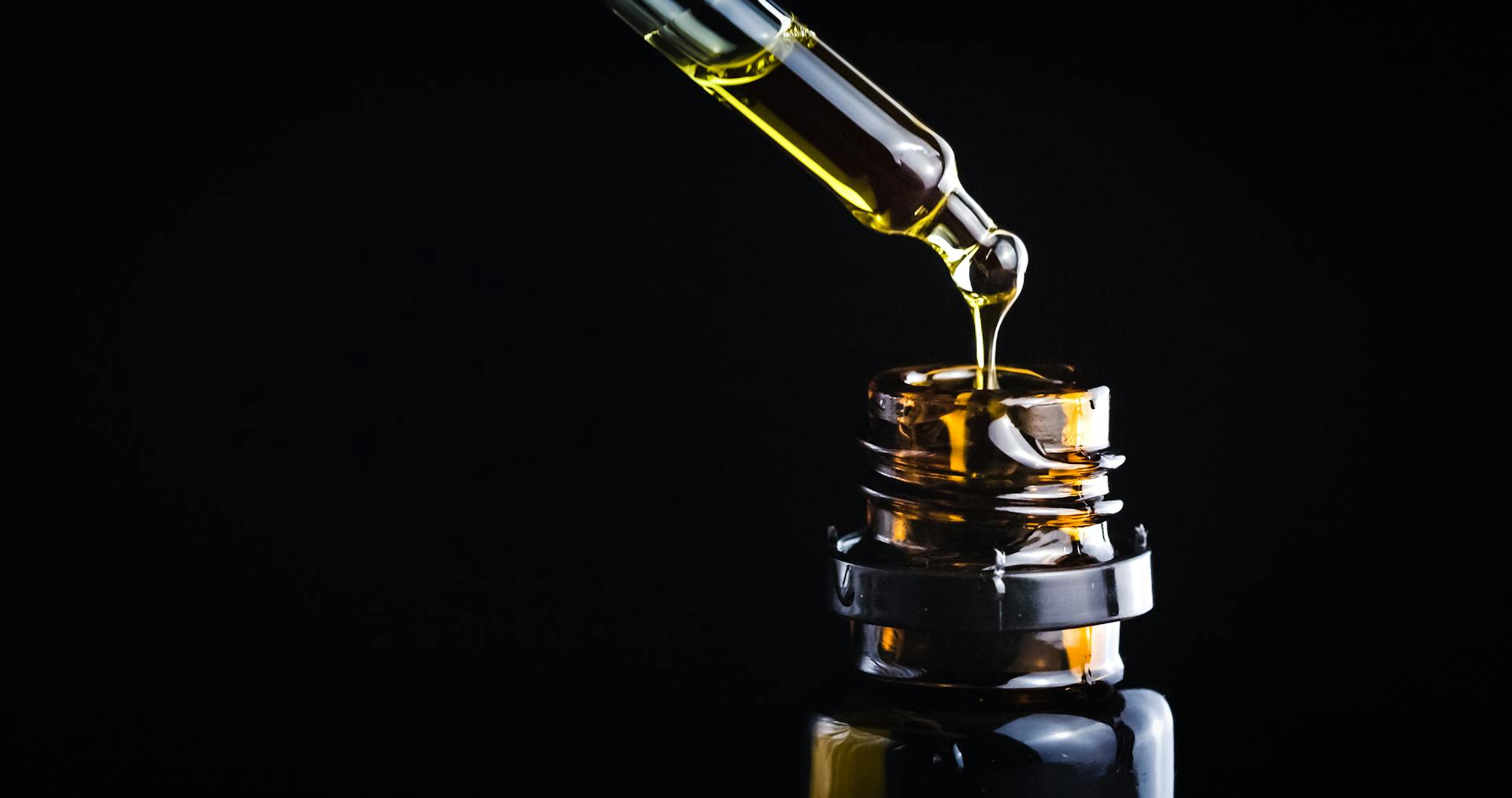If you’re new(ish) to the cannabis world, there’s a 100% chance you’ve encountered a lot of acronyms and science-y sounding words like “HHC,” ”terpene,” or “cannabinoid.”
Sure, it’s exciting — we’re finally embracing cannabis as a culture — but it can also be overwhelming. Especially when you’re interested in a simple question, like “Is hemp the same as CBD?”
Whether you’re wondering if taking a CBD sleep gummy will get you high and you’d like to avoid that experience, or you’re interested in hemp but want to know if you’ll feel psychoactive effects, we’ve got your answers here. Let’s dive in.
The relationship between CBD and hemp is a common source of confusion, but it’s important to clarify that while they are closely related, they are not the same thing.
hemp and CBD: understanding the difference
Hemp defined: Hemp is a variety of the cannabis plant that is grown specifically for industrial uses. It’s one of the fastest-growing plants and can be used to make a range of products like textiles, clothing, paper, biodegradable plastics, paint, insulation, biofuel, food, and animal feed. The versatility!
CBD explained: CBD, short for cannabidiol, is a chemical compound from the cannabis plant. It’s a naturally occurring substance that’s used in products like oils and edibles to impart a feeling of relaxation and calm. Unlike its cousin, delta-9-tetrahydrocannabinol (the traditional “THC” that gets you high and is the major active ingredient in marijuana), CBD is not psychoactive.
wait…why are marijuana and hemp also called cannabis?
Cannabis, marijuana, and hemp are terms often used interchangeably, but they have distinct meanings.
Cannabis is a genus of flowering plants in the family Cannabaceae. This genus includes various species, including cannabis sativa, cannabis indica, and hybrids.
Marijuana refers to the parts of the cannabis plant that contain high levels of THC, the compound known for its psychoactive effects.
Hemp is a term used for strains of cannabis that contain 0.3% or less THC by dry weight, making them non-psychoactive.
While marijuana and hemp are both derived from cannabis plants, they differ significantly in their THC content and uses.
the hemp-CBD connection
CBD can be extracted from different parts of the cannabis plant, including both marijuana and hemp. However, most of the CBD products available on the market today are derived from hemp, largely due to legal reasons. Hemp contains high levels of CBD and low levels of THC.
In many regions, the legal difference between hemp and marijuana is the THC content. Hemp is typically defined as cannabis plants that have 0.3 percent or less THC, while marijuana plants have higher levels. This distinction is crucial because THC is the main reason marijuana is regulated differently from hemp.
CBD vs. hemp products
how they’re different
While CBD is a single isolated compound in the cannabis plant, hemp oil is made by either A) cold-pressing the seeds of the hemp plant or B) extracting oil from the flowers and leaves where cannabinoids like CBD are concentrated.
Hemp seed oil doesn’t contain significant levels of CBD or THC. It’s used for its nutritious value – it’s rich in omega-3 and omega-6 fatty acids and is a good source of protein.
Hemp oil for vaping undergoes extraction processes to isolate the cannabinoids and terpenes, making it suitable for inhalation and absorption through the lungs.
The key distinction lies in the part of the hemp plant used and the extraction method, resulting in oils with different compositions and intended applications.
uses and benefits
CBD is primarily used for its potential therapeutic effects, such as managing anxiety, pain, and certain types of seizures.
Hemp seed oil is often used in food and skincare because its nutritional profile makes it ideal for dietary use or as a moisturizing ingredient in skincare products.
Inhaling hemp oil, especially those rich in CBD and other cannabinoids, offers a range of purported benefits and uses. When inhaled, cannabinoids from hemp oil quickly absorb into the bloodstream through the lungs, providing a faster onset of effects compared to oral consumption.
Users often report relief from symptoms like anxiety, stress, and pain, though experiences vary. Additionally, inhaling hemp oil may have anti-inflammatory properties and could potentially aid in relaxation and improved sleep quality.
It’s important to note that while many users find inhaling hemp oil beneficial, the effects can differ from person to person and are often anecdotal. More research is needed to fully understand the health impacts.
so, does CBD equal hemp?
The answer is no. CBD is a compound that can be extracted from hemp, but it is not synonymous with hemp itself. Hemp is a versatile plant with a wide range of applications, of which CBD production is just one.
Understanding this distinction is important, especially when navigating the legal landscape and product labels. Aka — know your local laws!
In essence, while all CBD can be derived from hemp, not all hemp contains CBD in significant amounts — especially when considering products like hemp seed oil which don’t contain CBD at all.
Sweet relief!



